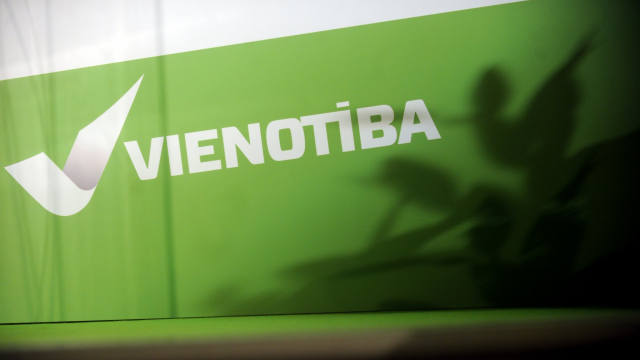The NEPLP has decided that the ban on broadcasting Russian TV will remain in force until Russia stops its war in Ukraine and returns to Crimea. In total, there are 26 cable operators in Latvia and the share of the channels registered in Russia varies among them. For example, Baltcom had to block 39 channels after last week's NEPLP decision.
“It makes up about 30% of the total range of programs,” Baltcom marketing director Aivars Litaunieks said. He said it isn't the first time the company faces a ban on channels registered in Russia, and a total of already 60 channels have been banned this year. In the past, the company managed to resolve this situation and is also now looking for channels to replace banned content.
“It's not an easy task, of course, but we're actively communicating with a number of content suppliers. Two new channels in Russian are available to customers since last week. This is just the beginning and we will continue to work on improving the supply of channels. On the one hand, Russian channels have been banned for customers, but at the same time we have opened additional free channels during this transition period and the amount of content for customers has not decreased,” Litaunieks said.
He acknowledged there was some customer discontent and some canceled their subscription.
“This is an extreme situation that affects about 100 thousand customers at the same time. There are a lot of issues and uncertainty. We are currently working on explaining the situation. It should also be understood that unlocking TV channels registered in Russia does not mean that there are no channels that are transmitted in Russian. The Baltcom offer still includes more than 40 channels in Russian from content suppliers in Latvia and elsewhere in the EU. We do not plan to review the price policy at this time. Let's focus on the inclusion of new channels,” Litaunieks said.
Spokeswoman for the telecommunications company Tet, Lāsma Trofimova, said the company already decided on February 25 to suspend the retransmission of TV channels that are or might be linked to the Russian government, so last week's NEPLP decision has no effect on Tet.
"There was only one channel left – TV21. It has so far worked with a license issued in Russia, although it is essentially a foreign cinema classics channel built in Latvia. It has already been replaced by TVEkstra,” Trofimova said.
The Tet representative pointed to a negative trend related to the consumption of pirated content.
"It is more and more difficult to limit access to content in the Internet era. In previous months, measurements by Kantar's television audience showed that the faster-growing section is not that of the channels, but the section [that] includes the use of audio-visual content on the Internet and video rentals and partly includes pirated content inside. This section has grown rapidly. If it was 41% in January, it was already nearly 51% in March. It's a big enough leap,” Trofimova said.
Board Chairman of the Latvian Association of Electronic Communications which represents some cable operators, Ilmārs Muuls said that 'this is the largest information vacuum at the moment, when we offer nothing for a Russian-speaking audience,'.
Muuls also predicted that this information vacuum will contribute to the piracy boom, as the part of the audience that is currently canceling cable TV is looking for replacement.































